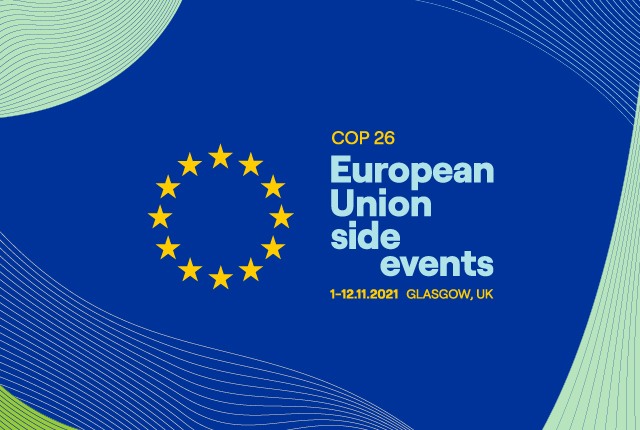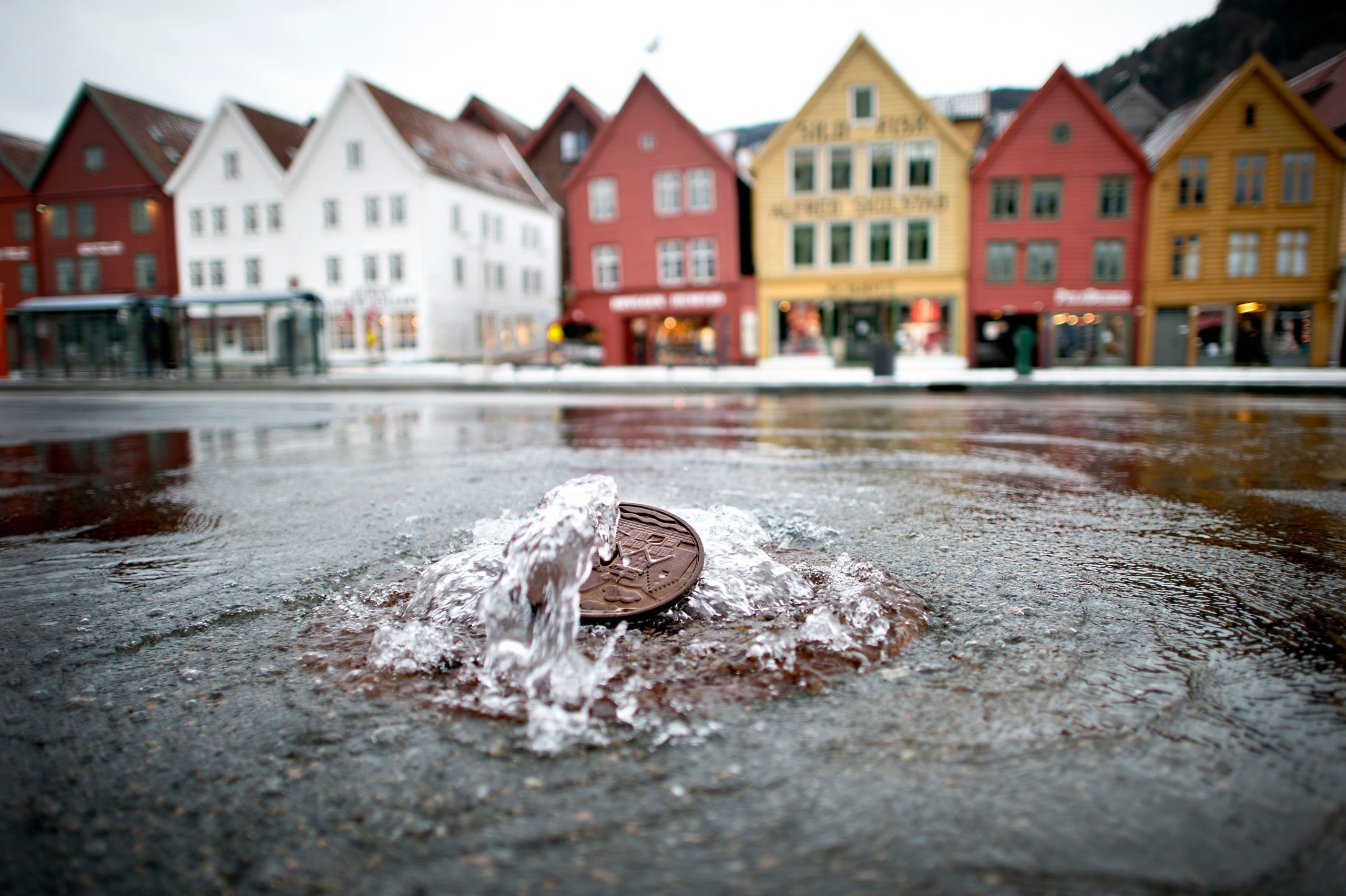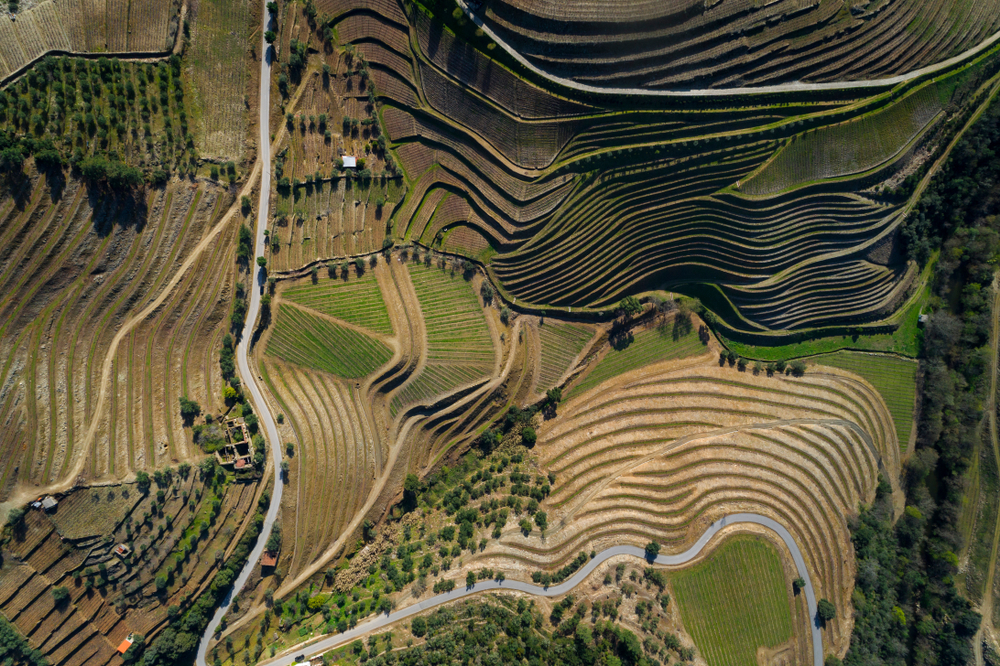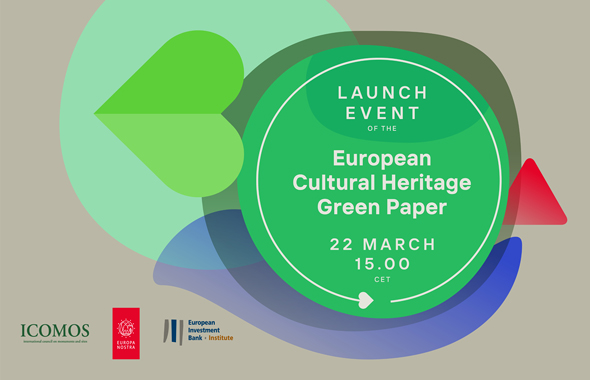
Full Paper | References | Workshop Summary
Collaboration between the two Joint Programming Initiatives “Cultural Heritage and Global Change” (JPI CH), and “Connecting Climate Knowledge for Europe” (JPI Climate) began in 2019 and led to the organisation of a joint workshop a year later. Following the recommendations in the workshop report, an expert working group was set up to scope research gaps and opportunities at the interface of cultural heritage and climate change, culminating in the publication of this White Paper. This strategic document is expected to support the two JPIs to generate policy-relevant research outcomes.
Four key messages are brought forth reviewing the state of the art in the field of cultural heritage and climate change research:
- Research on individual geopolitical regions, or a few in immediate vicinity of one another, re- mains prevalent: there is an opportunity to stimulate research and knowledge exchange that crosscuts several regions which – although geographically disparate – present common challenges and opportunities.
- Quantitative and qualitative methods remain siloed in their applications; mixed methods, which reflect a cross-disciplinary approach, are more likely to be found in pre-policy publications.
- There is a need for further understanding of culture and heritage as embedded in their socio-environmental contexts to inform policy, including the role of traditional and local knowledge, as well as learning from the past.
- The ecological and social impacts related to losses and opportunities for cultural assets and values from adaptation and mitigation need to be researched more intensively.
Based on this comprehensive literature review, key research gaps and priorities under five themes have been identified for the European region and beyond that require more advanced knowledge in the coming years and that should be addressed by researchers to support climate adaptation and mitigation measures:
- Addressing the Climate Emergency: Strengthening the commitment of the cultural heritage sector to address the climate emergency
- The Impacts of Climate Change: Predicting and assessing the impacts of climate change on and through cultural heritage
- Protecting Cultural Heritage: Building protection and adaptation strategies for cultural heritage
- Contributing to Climate Adaptation: Assessing the potential of cultural heritage to inform the development of climate adaptation
- Cultural Heritage as a Resource: Investigating how cultural heritage can support societal transformations and be a resource for climate mitigation and sustainable futures.
To address the research gaps and priorities, both JPIs propose three types of instrument that could be used in supporting collaborative efforts between and beyond the two initiatives:
- Funding instruments enable the mobilisation of new research funding from the participating partners to launch joint funding calls, to provide better use of public resources, add value and avoid duplication.
- Networking and capacity building instruments focus on knowledge exchange, capacity building, communication and dissemination across relevant communities and promote joint activities between these communities, in cooperation with other instruments.
- Exploration and assessment instruments touch upon those required to gather, assess, and synthesise knowledge needed to inform and guide decisions on addressing the knowledge gaps identified in this White Paper.
Both JPIs will work hard to support and promote, on the one hand, research that complements, and builds upon existing findings and ensures that these contribute to future prevention and adaptation policies; and on the other hand, research that further explores how to make cultural heritage a readily available resource for climate mitigation and sustainable development.
Documents



